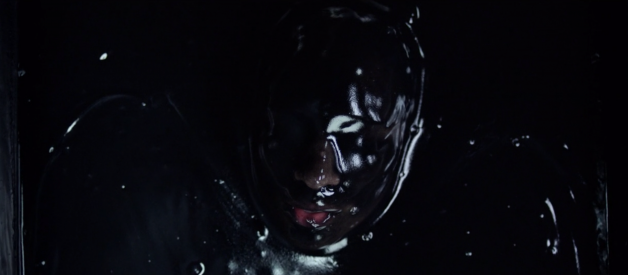A review of the boring clone-horror film, on Hulu now
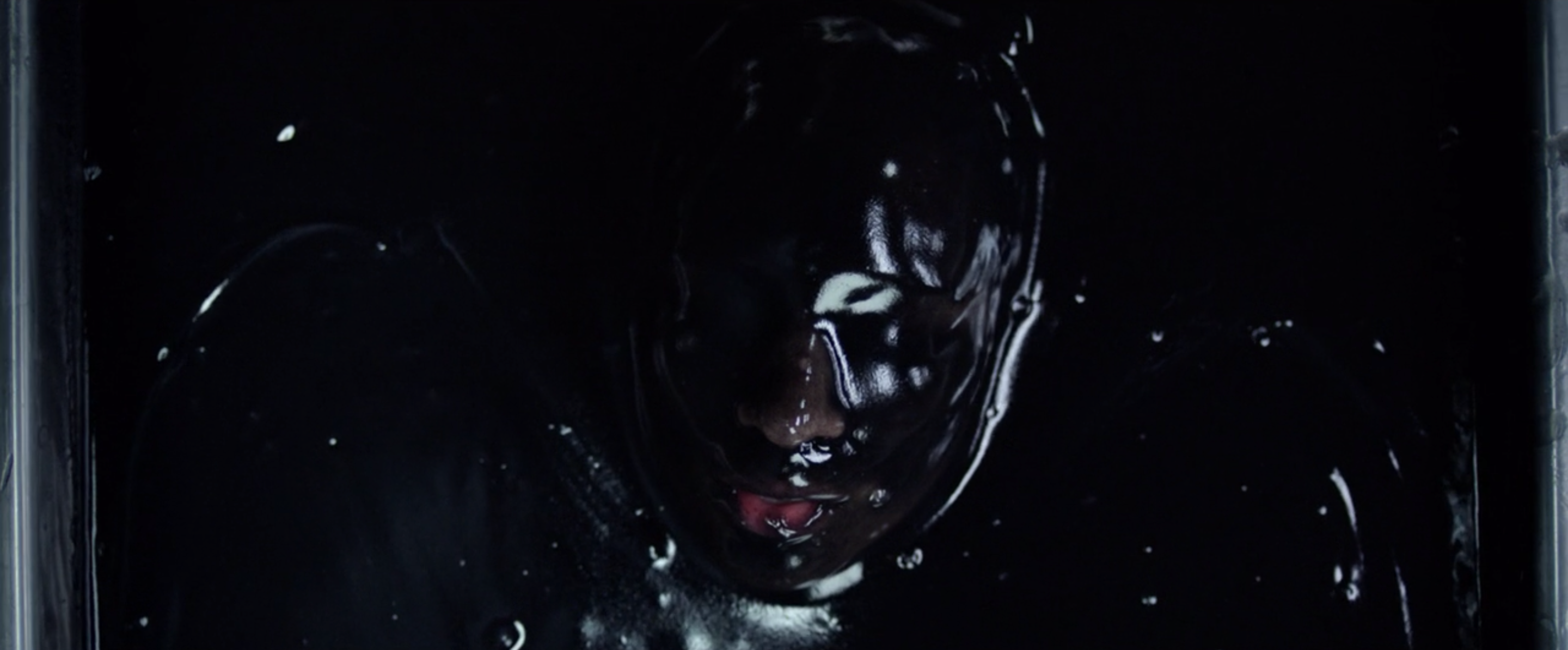
Since October, Hulu has been releasing a new Blumhouse horror movie each month, tied to a specific holiday, under the banner Into the Dark. Some, like the New Year?s Eve-themed New Year, New You, have been legitimately fantastic. Even the ones that were more uneven, like first installment The Body, were at least interesting ? that one is basically a slasher movie, told from the point of view of the slasher.
May?s offering is All That We Destroy; I guess it?s supposed to be tied to Mother?s Day, even though the holiday itself isn?t mentioned. And, it?s unfortunately the worst of the lot.
Our main character is Israel Broussard?s Spencer, a sullen teenager with a penchant for strangling women. Luckily, his mother is a ?geneticist,? which here means ?a genius inventor with the ability to make human clones in the basement.? This supplies Spencer with a limitless number of women to kill in order to satisfy his appetite, and it also supplies the movie with a limitless number of nearly-identical strangulation scenes that serve little purpose other than to give the film a jolt by introducing some violence against women whenever things get too dull! And boy, do they get dull.
In Happy Death Day, Broussard played the likable everyman Carter, the boy into whose dorm bedroom the time-looping Tree Gelbman (Jessica Rothe) reawakens each time her death-induced day starts over again. For the first ten minutes or so, All That We Destroy plays like a funhouse mirror version of Happy Death Day: a girl keeps waking up in Israel Broussard?s room, conditions like a specific song and an offered beverage kept constant each time, but here she has no memory of having lived through this before, and he is the one who?s repeatedly killing her.
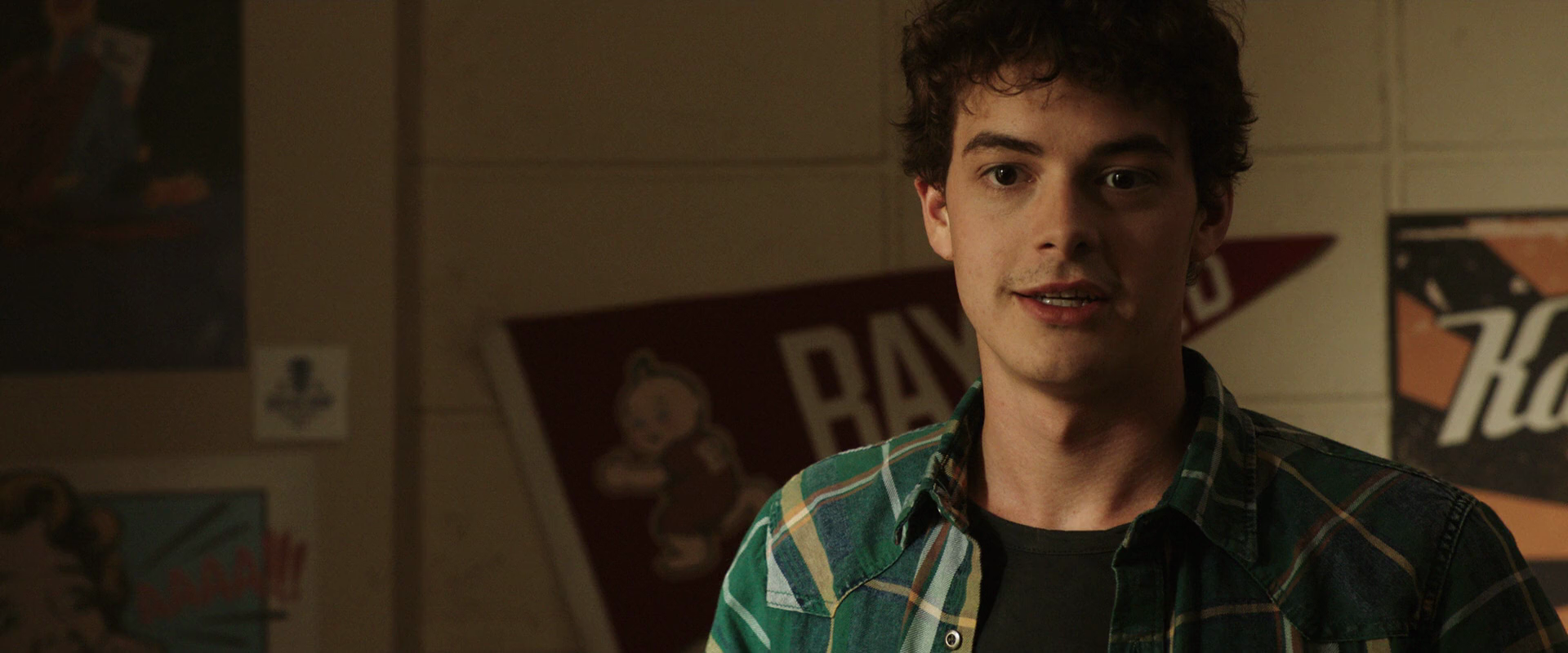
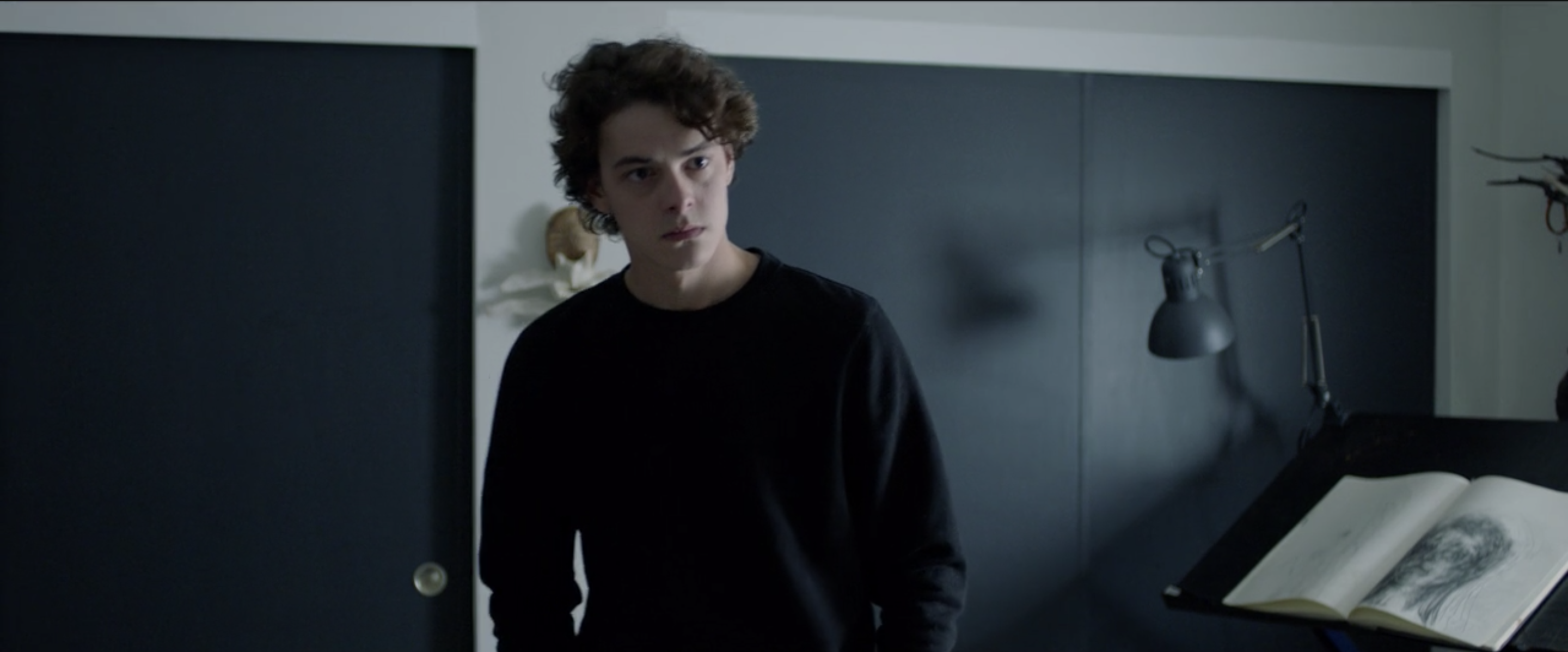 ?Oh hey! You?re up!? (Left: Happy Death Day. Right: All That We Destroy)
?Oh hey! You?re up!? (Left: Happy Death Day. Right: All That We Destroy)
It?s fun, for a few minutes. But then, once Spencer?s killing pace slows down as his mother (a somber, embarrassed-looking Samantha Mathis) realizes there might be ethical implications to providing him with an endless stream of serial-killer-fodder, the film becomes an absolute slog.
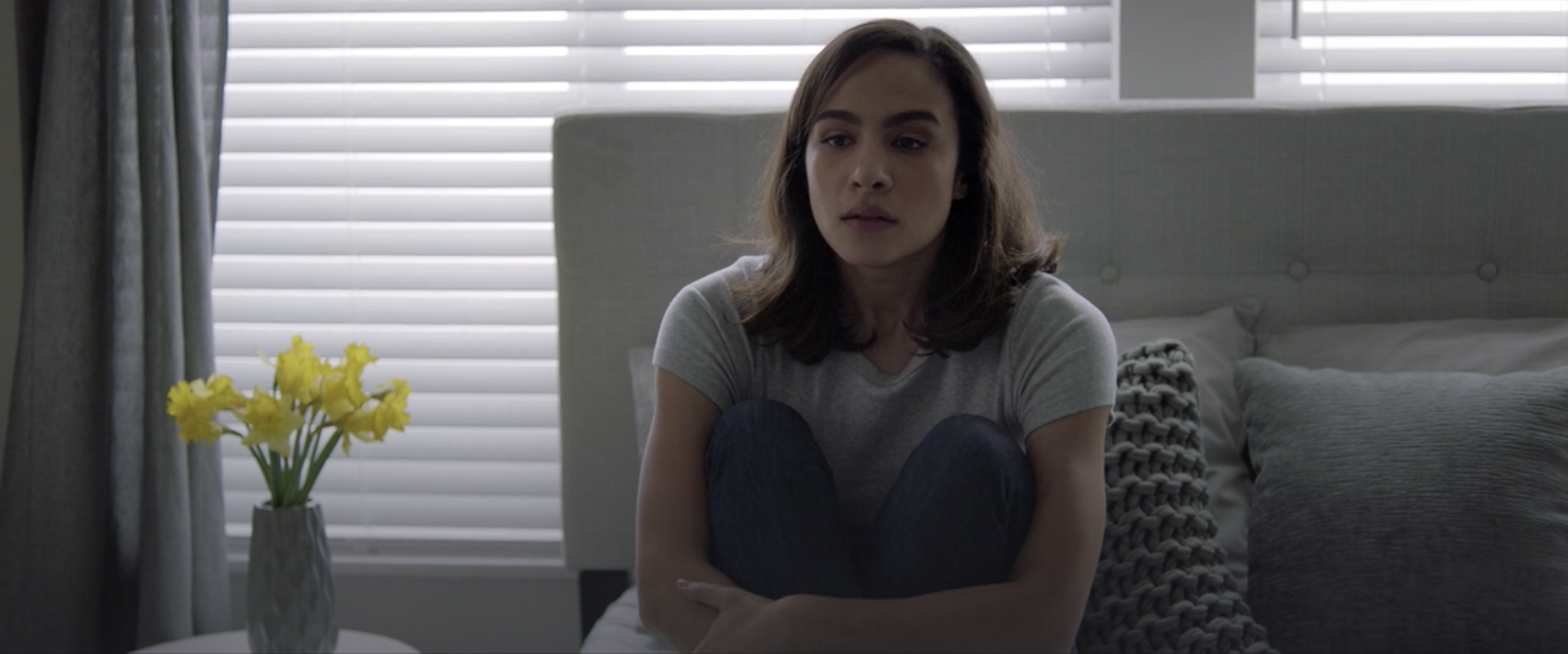 One of the clones ponders her identity. (Hulu)
One of the clones ponders her identity. (Hulu)
In what almost feels like an intentional contrast to last month?s neon-and-Day-Glo-drenched I?m Just F*cking With You, everything in All That We Destroy is shot in shades of grays and blacks. The clothes are grey or black, the pillows are grey, the house is off-white? everything is just desaturated and decidedly uninteresting to look at. I?d take a boring movie if it at least had interesting visuals, but no such luck here.
It doesn?t help that Broussard plays Spencer as a dead-eyed, shuffling brute who barely shows emotion. I get that he?s a misogynistic serial killer, but are misogynistic serial killers always so bored-looking? Christian Bale?s Patrick Bateman, probably the platonic ideal of this sort of performance, works so well because he lets you see his mask as a mask. Here, Broussard is just on autopilot, displaying absolutely none of the easygoing charisma he put to such good use in the Happy Death Day films.
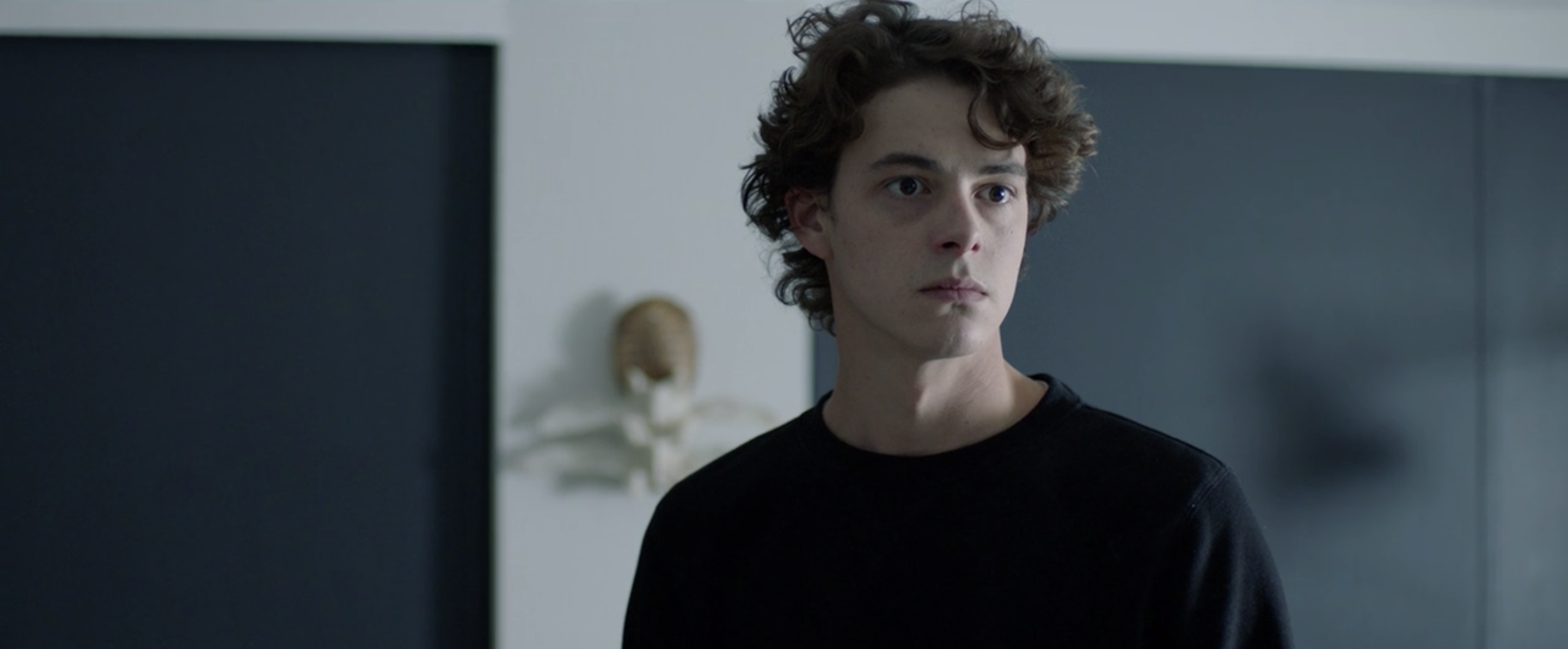 One of Broussard?s only expressions. (Hulu)
One of Broussard?s only expressions. (Hulu)
Several other Into the Dark films have started out seeming pretty misogynistic, having us root for an awful male character only to turn the tables around the halfway mark and become more empowering, feminist statements ? see, for example, the elevator-horror Down. Here, though, there?s no such turn ? the friendly neighbor character is nothing, and the ever-more-self-aware clones are never given time or space to become actualized human beings.
Instead, all we?re left with is a string of scenes of violence against women, with not much in between. It?s certainly nothing new to say that horror films have always had a bit of a misogyny problem, which is why it?s been so much fun to watch the Into the Dark films so consistently upend convention and subvert these tropes. March?s Treehouse, for example, was so much fun because we were rooting for the evil coven of witches who were torturing the awful man that served as the protagonist. All That We Destroy makes half-hearted motions in this direction at the end, by which I mean the last five minutes, but by that point, it?s far too little, too late.
Oh well. There?s always next month.
